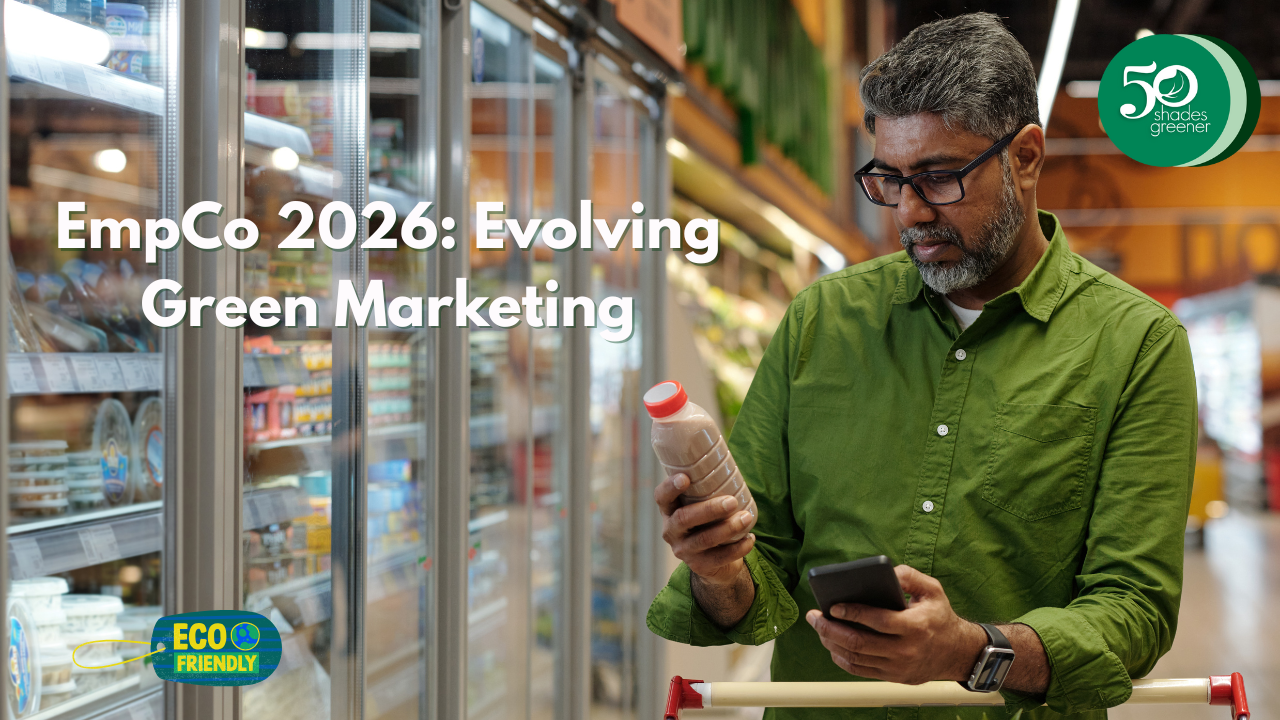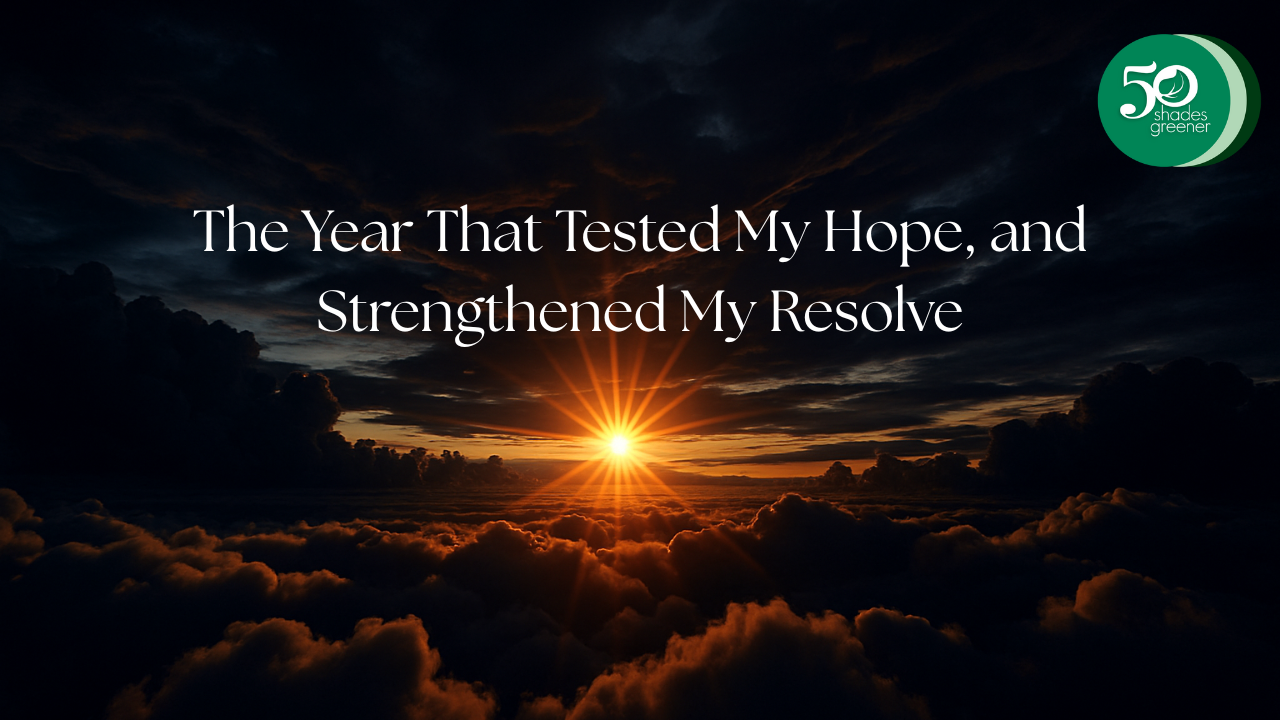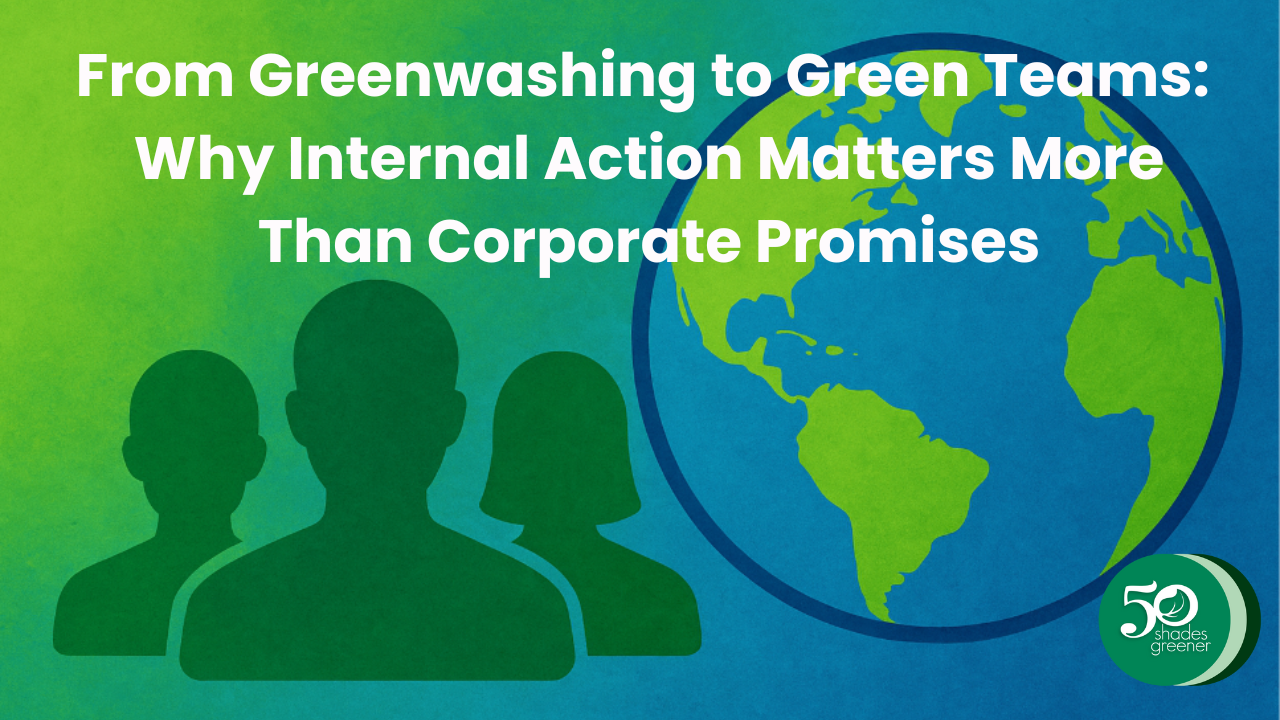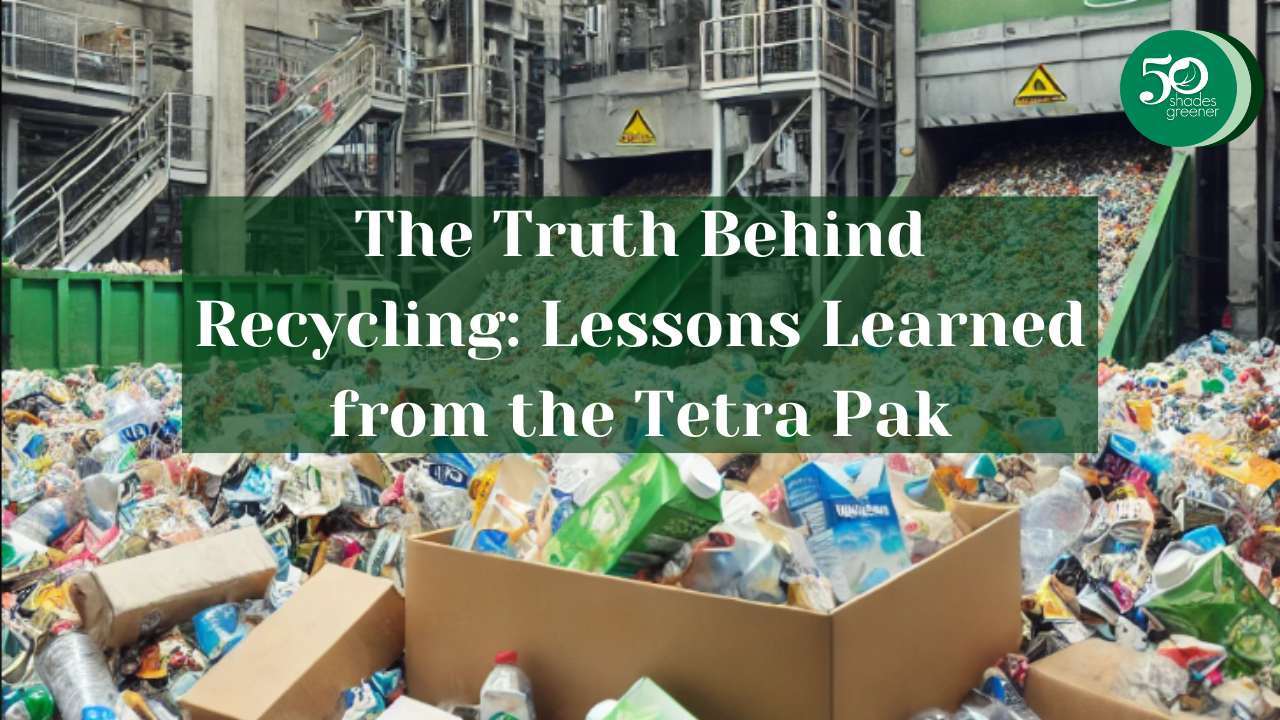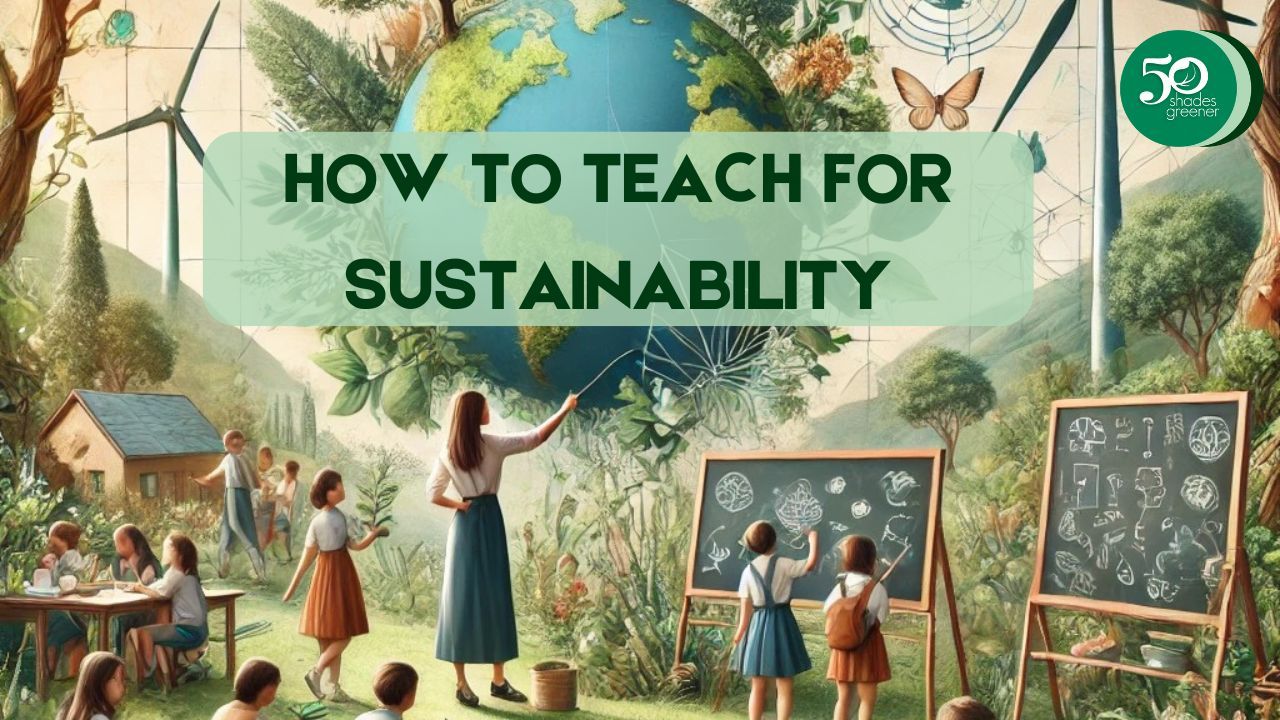The European Union Empowering Consumers for the Green Transition Directive 2024/825 (thankfully shortened to EmpCo) is a big step in EU’s plan to make sustainable choices easier, transparent and less confusing for consumers. It changes two core EU consumer laws so that green claims, product durabili...
Water is one of the world’s most precious natural resources, so precious that without it, humanity wouldn’t just struggle… we simply wouldn’t exist. We all know this, of course. We learned it in school, we watch it in documentaries, and we say it out loud when we’re trying to sound deep and philosop...
A Year of Shifting Balance: Breakdown and Resilience
As 2025 draws to a close, I find myself reflecting on a year that has been both deeply sobering and unexpectedly illuminating. Professionally and personally, this year has strengthened my belief that humanity stands at an inflection point. On one...
When my mum had a stroke in 2020, right in the middle of the pandemic, my world stopped. In a single day, everything that felt certain and stable was turned upside down. My mum, once feisty and fiercely independent, suddenly needed a wheelchair and 24-hour care. And I, her daughter, had to learn wha...
Sustainability in business has too often been reduced to a checklist, recycling bins, LED lighting, low-flow taps… Yet, what truly drives meaningful change isn’t the hardware; it’s the people. That’s the premise behind the Leaf Mark™ Certification, Ireland’s new sustainability accreditation created ...
We have to face it, global warming isn’t just a distant threat for our children’s children to worry about. It’s here and accelerating. Despite vague (half-hearted at best) efforts to reduce carbon emissions, the climate is shifting already. That means that climate adaptation, alongside mitigation, i...
TL;DR
Big companies are backing away from corporate climate targets
Employee-led Green Teams keep sustainability efforts on track
Green Teams reduce waste, energy use, and operational costs
Learn how to start and lead a successful sustainability team
Real examples show mea
...
TL;DR: Recycling Isn’t the Hero We Thought It Was
Recycling has been marketed as the silver bullet for sustainability, but it’s often a distraction from the real issues: overproduction, corporate irresponsibility, and lack of proper infrastructure.
Companies like Tetra Pak, Coca-Cola, an
...
TL;DR: What SMEs Need to Know About the CSRD
The Corporate Sustainability Reporting Directive (CSRD) will impact over 50,000 companies, including many SMEs indirectly via supply chain requirements.
SMEs are not legally required to report—yet—but larger clients will expect ESG data, makin
...
Brewing Sustainability, One Cup at a Time
Let’s talk about coffee. Not just any coffee, the kind that works towards restoring the planet while simultaneously caffeinating your mornings. Meet Watermark Coffee, a progressive Irish coffee company blending exceptional taste with environmental action. T...
TL;DR
2024 was the hottest year on record, surpassing the 1.5°C global warming threshold
Climate change impacts are intensifying globally: heatwaves, floods, droughts, and biodiversity loss
Education for Sustainable Development (ESD) is key to climate action and resilience
ESD
...
Sustainable development is key to the continued survival of humans and the planet as we know it. Without sustainability, there will be no future generations to meet nor teach.
Educators all over the world hold the enormous responsibility to educate our future world leaders, business owners and civi...

